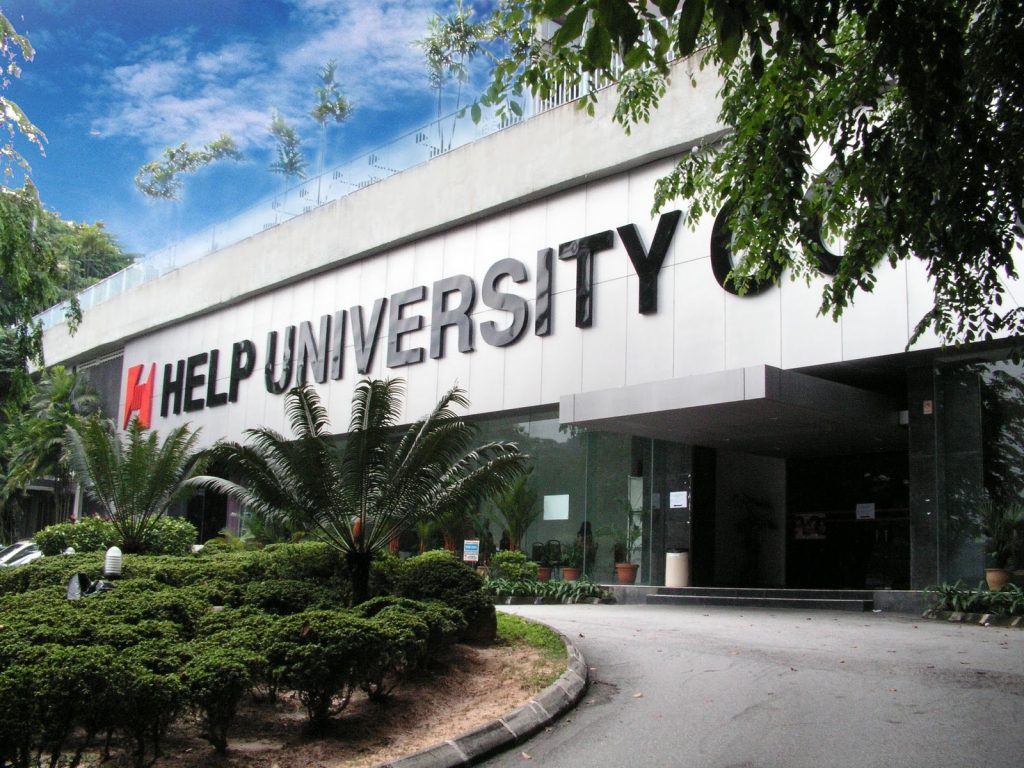Overview
The HELP Master of Human Resource Development (MHRD) programme is designed to produce leading HR practitioners who utilise their advanced knowledge (theories, concepts and code of practices) analytically to provide evidence-based solutions to address organisational issues. Students will learn how to lead, communicate and exchange ideas across different communication settings and work effectively with multiple stakeholders with diverse skills, cultural backgrounds and experience.
The HELP MHRD also provides students with the leadership competencies and skill sets to embrace a strong sense of ethical, social responsibility and entrepreneurial orientation towards self, organisation and societal/industry development in a global context. Students will learn from academicians and experienced practitioners through a blended learning approach. The programme is aimed at building successful HR practitioners who not only lead the HR function effectively but also assume an equally significant role as a strategic business partner in the organisation.
Graduates will demonstrate the ability to apply strategic thinking and exhibit outstanding leadership skills in HR management, addressing and resolving complex organisational issues. The acquired strategic, functional and team development expertise besides personal leadership competencies ensure effective HR management and implementation of policies that are strategically aligned to organisational goals.
Why study Master of Human Resource Development at HELP’s ELM Graduate School?
ELM is the acronym for Entrepreneurship, Leadership and Management. It reflects the School’s understanding of the multifaceted role of both individuals and organisations that at any one time the trinitarian role of entrepreneurship, leadership and management interplays to create, manage and sustain a business over different phases of its life.
The ELM Framework underlies our philosophy of the ELM Graduate School executive education and the way we teach and learn business in the HELP Group. It synthesises relevant theoretical constructs and integrates them into a practical system of decision-making for ELM. It is a useful tool for facilitating thinking out the right business model and strategy execution.
The ELM approach is used in our teaching and learning in the ELM Graduate School. This is the multi-perspective lens that we use to identify, respond and adapt to education, enterprise and execution.
This unique framework shapes our postgraduate programmes and brings depth and practical value to the knowledge and experience that all our students will no doubt gain.
Programme Overview
Structure
These are the subjects and electives that you will take as part of the programme.
Course Structure
Introductory Case and Research Methodology (non-credit subject)
CORE
- People and Talent Analytics
- Integrated Talent Management
- Organisational Design and Organisational Development
- HR Transformation
- Global Human Resource Management
- Coaching and Mentoring for Performance
- Leadership and Organisational Behaviour
- Research Methods for Business and Management
- Project Paper (Capstone)
ELECTIVES CURRENTLY OFFERED (CHOOSE 2)
- Business Ethics (compulsory)
- Operations Management and Analytics
- Strategic Management
Assessment
Written Examination and Assignments [assignments inclusive of presentation], with such variation approved by the Academic Board.
You will need to fulfill one of these entry requirements to join the programme.
Entry Requirements
- A Bachelor’s degree from a recognised university with a CGPA of 2.50, preferably with adequate industry experience; those with a CGPA of less than 2.50 but with 5 years’ relevant working experience are also admissible.
- Non-degree holders (Malaysian) with at least a Diploma or STPM may obtain MQA Accreditation of Prior Experiential Learning (Access) [APEL (A)] approval for programme admission.
- International applicants are required to fulfil a minimum score of 6.0 for International English Language Testing System (IELTS) or the equivalent.
Here are the career pathways for graduates who complete the Master of Human Resource Development programme.
Possible Career Pathway
- Human Resources
- Headhunter/Recruiter
- Labour Relations Specialist
- Compensation and Benefits Manager
- Employee Recruitment and Staffing
- Training and Development
- Employee Development
- HRIS Specialist














